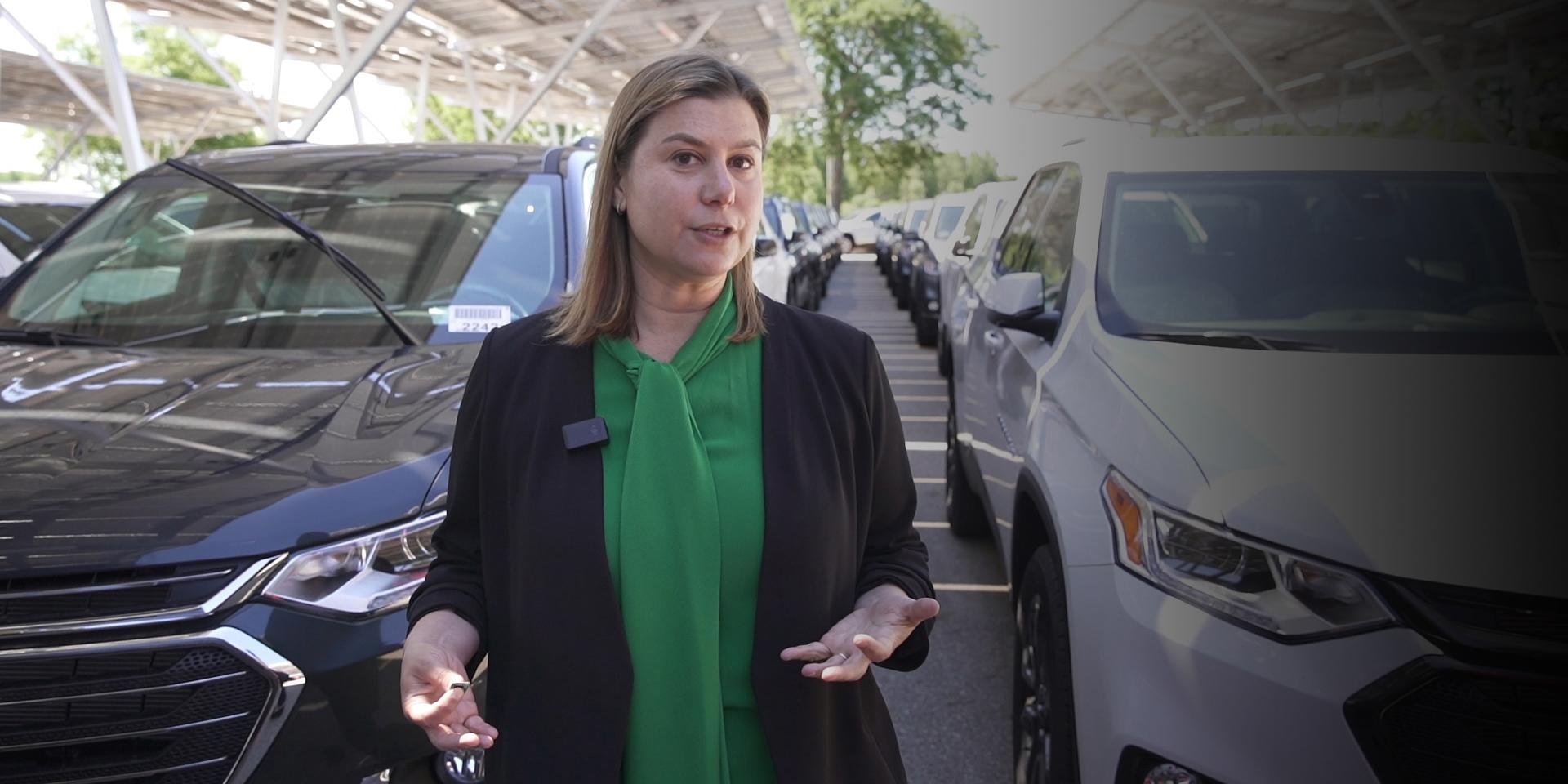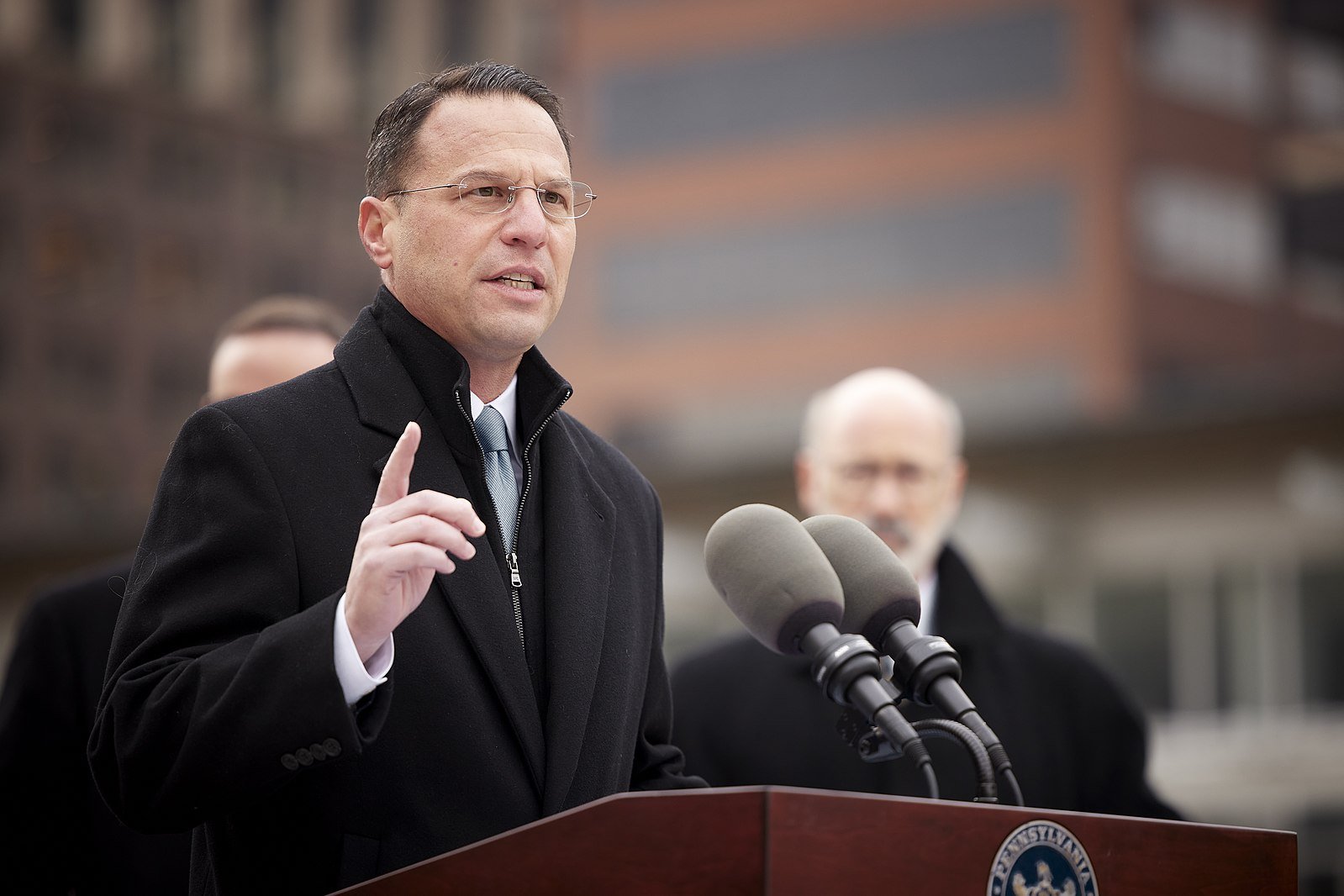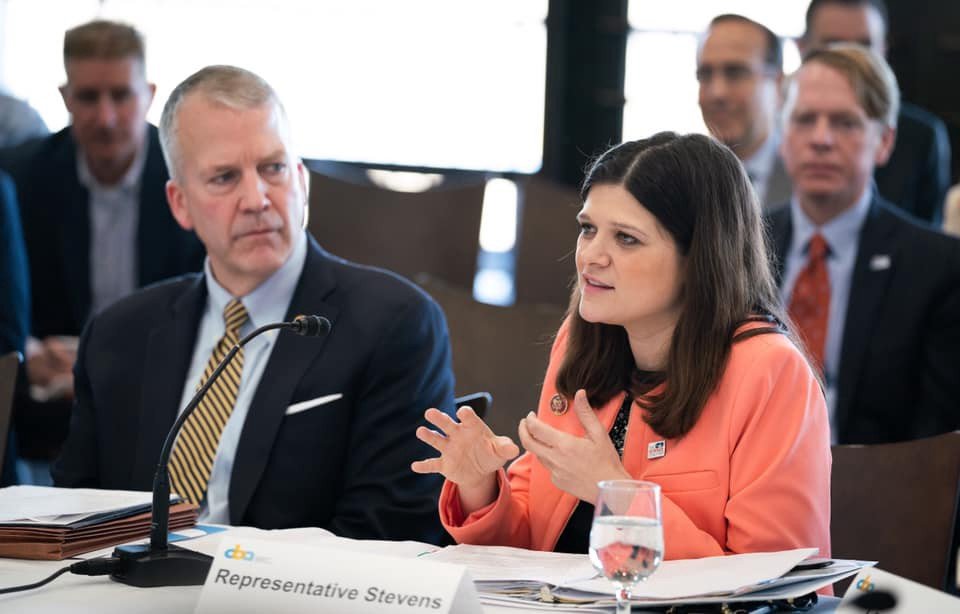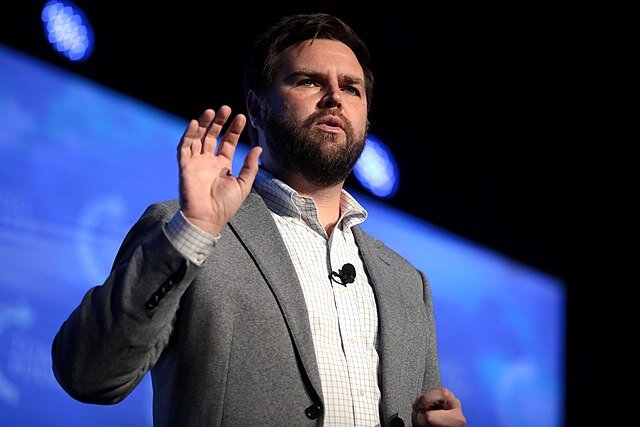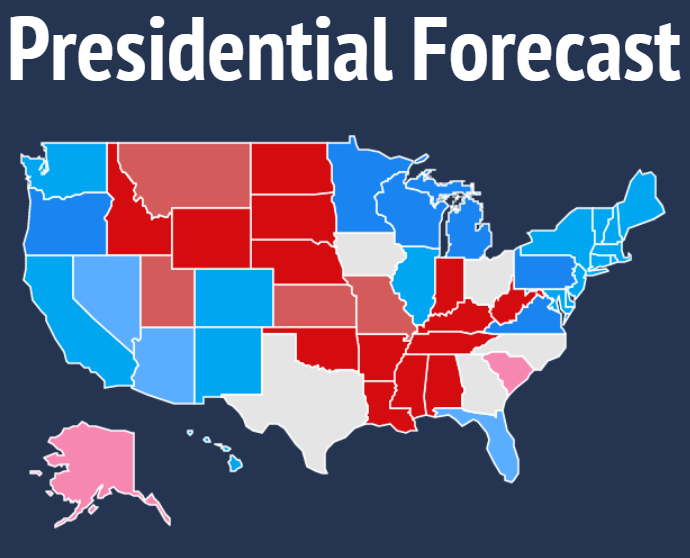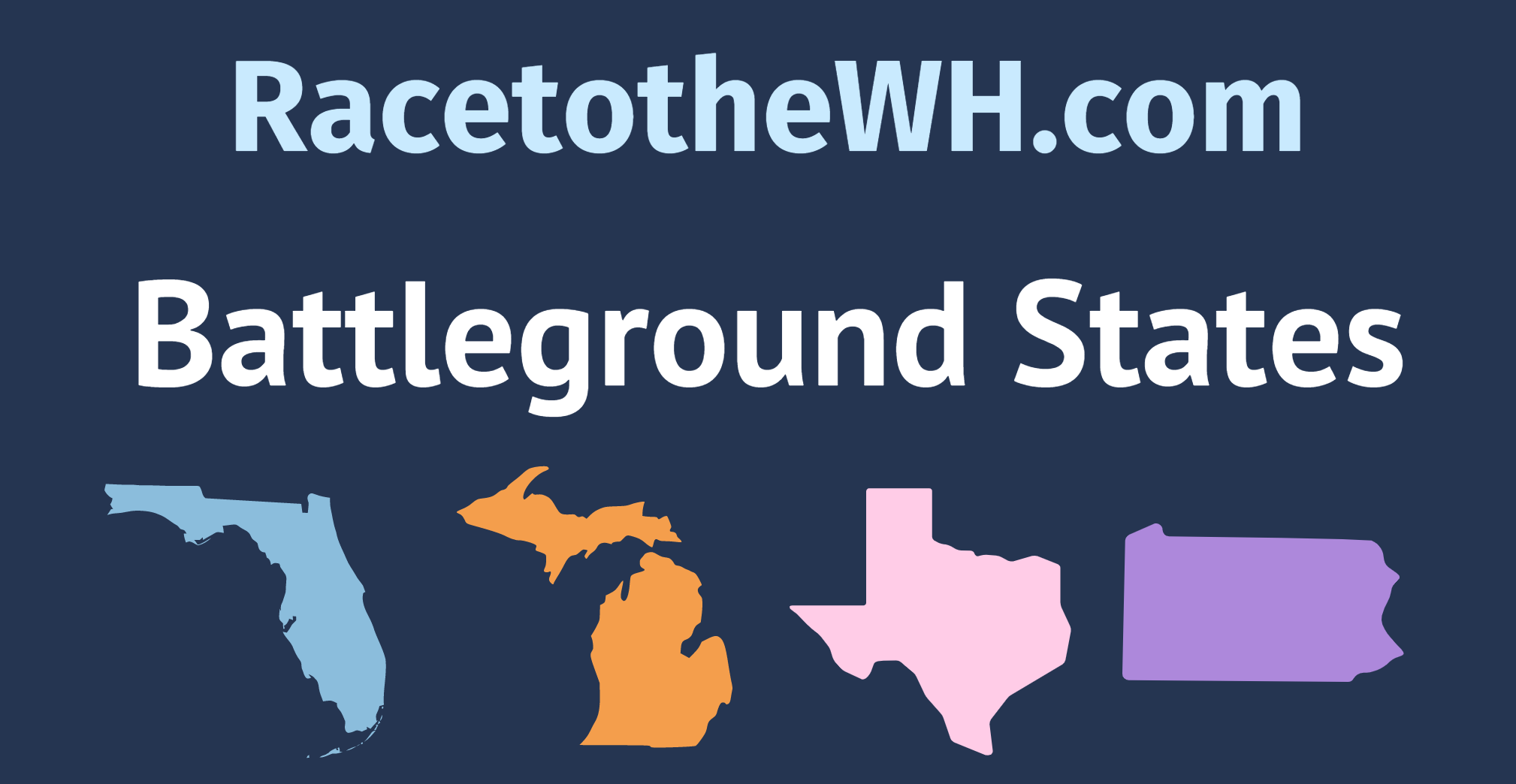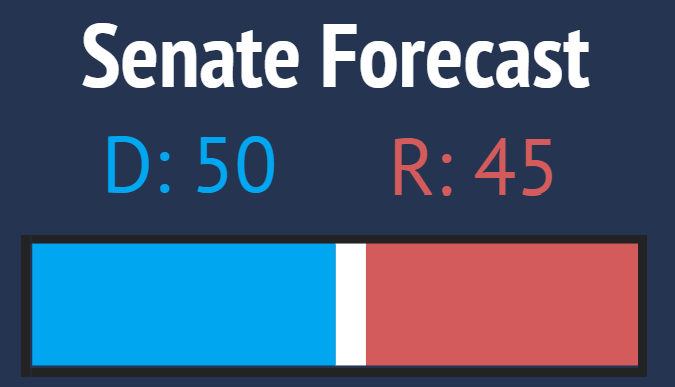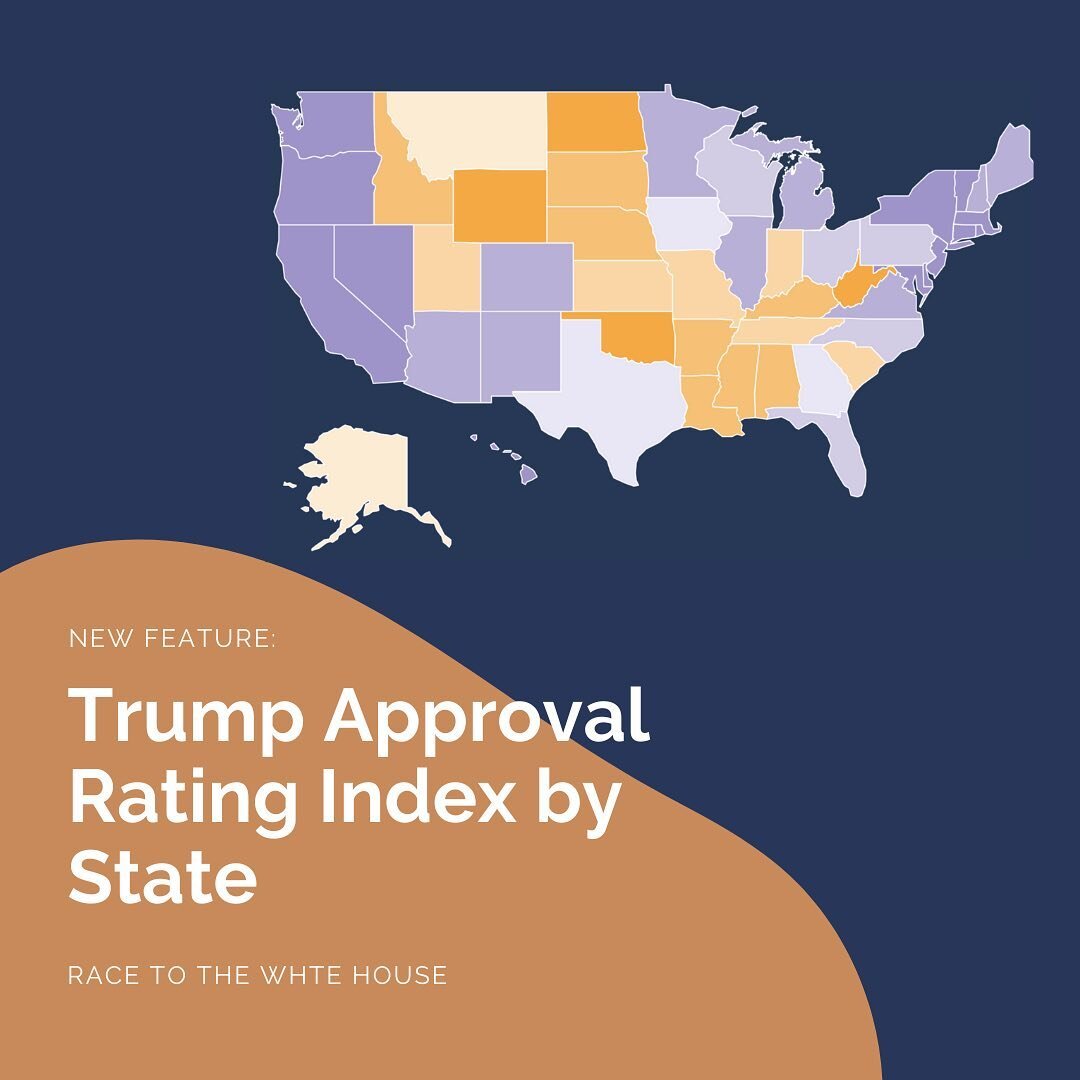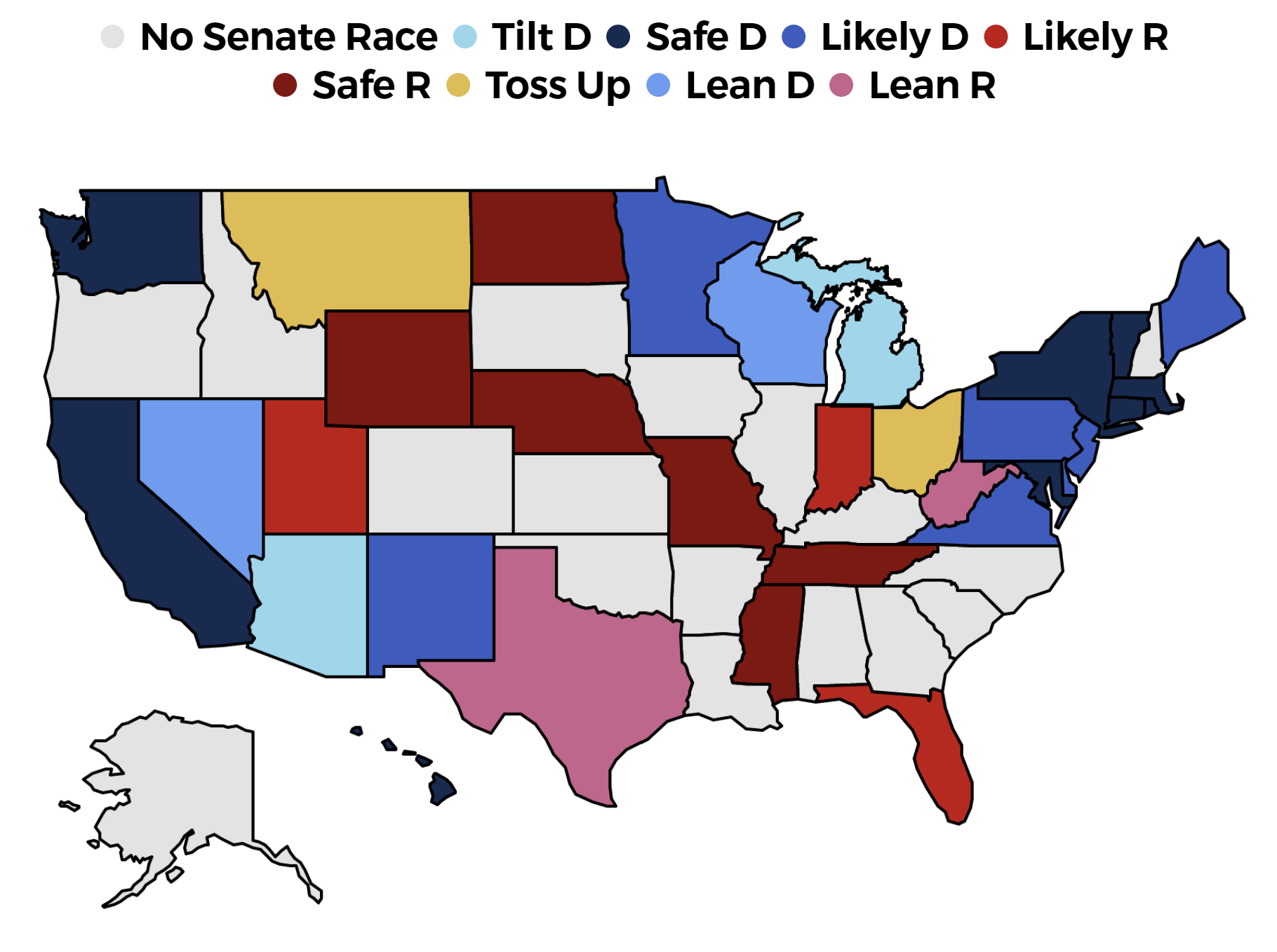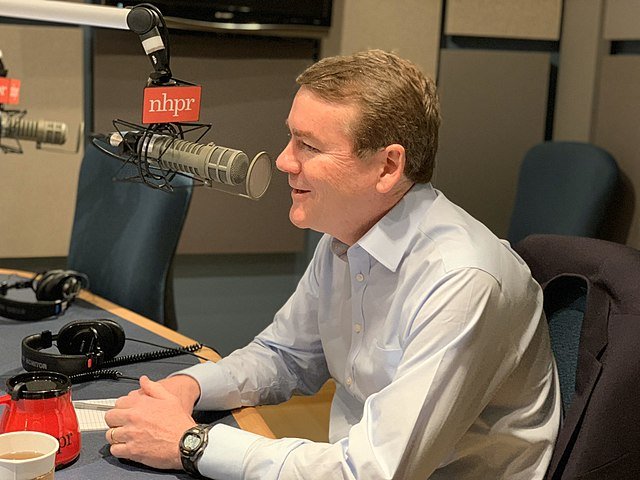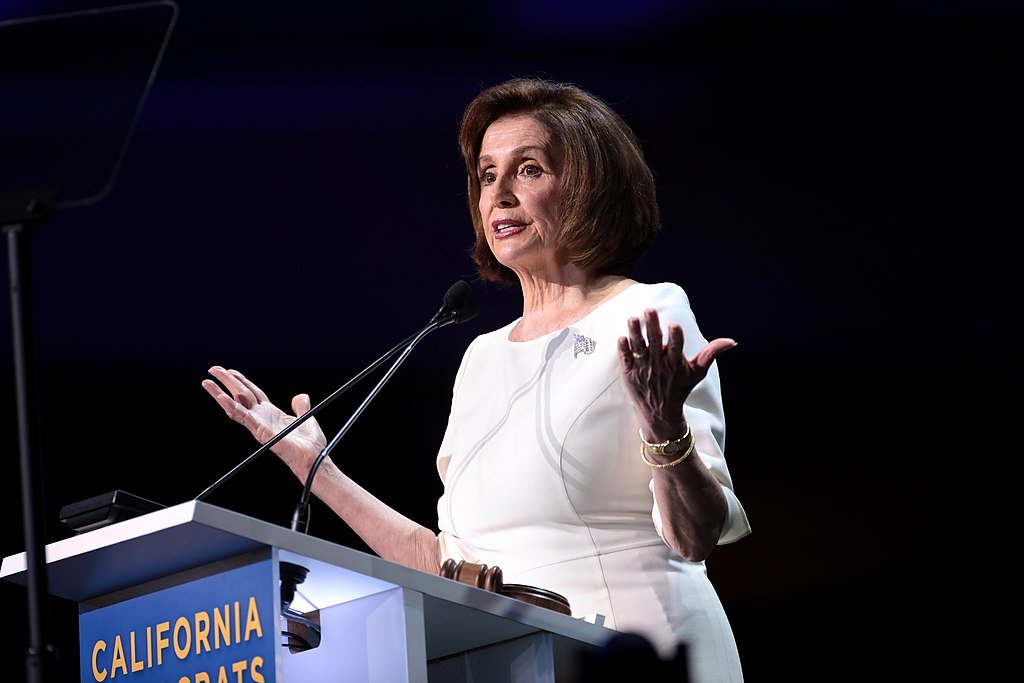September Scandals Complicate Trump’s Ability to Attract New Support
The White House from Washington, DC / Public domain
By: Logan Phillips
Date: 9/15
The Trump campaign was rocked by two striking scandals in early September within the confines of one week. The first scandal arose after the Atlantic reported that President Trump routinely made incendiary and deeply unempathetic comments about American soldiers, questioned the point of their sacrifice, and decried those that died or were captured as losers. The Trump administration has contested the reporting.
Many will scoff at this, dismissing the Atlantic article as fake news or the reporting as based on tenuous grounds given that the story relied on anonymous sourcing. I’m inclined to take it very seriously. Not only is the Atlantic considered a source of great integrity, but many of the worst comments have been confirmed by multiple other news sources, including Fox News. Moreover, it is eerily similar to a refrain stated by Mr. Trump on his very first few weeks of the campaign trail. Speaking of one of the great war heroes in recent American history, John McCain, President Trump dismissed his sacrifice saying “He's not a war hero. He was a war hero because he was captured. I like people who weren't captured.”
Then, he was greeted by an even more furious barrage caused by his own unforced error. President Trump revealed to journalist Bob Woodward that he was aware of the threat coronavirus presented to the United States as early as mid-February as recorded in 18 taped interviews. While he was telling the American people that the coronavirus was no worse than the flu and that Xi Jinping was doing a masterful job containing it, he knew that it was an airborne disease that posed a dangerous threat. The President claims he was trying to prevent a panic.
Could these crises cost Donald Trump more support? It’s best to start with skepticism – while collectively the endless stream of scandals have taken their toll on the President’s image, his support has proven to be far more durable than most of his predecessors in the face of great controversy. However, these have the type of potency that may risk some erosion of support, particularly with veterans and with senior voters, both of which groups remain more in play than in any cycle in recent memory. The limited polling since the Woodward story broke on September 9th has yet to show much of a shift.
Presidential Forecast
Nonetheless, the twin September scandals have already drawn at least some blood from the Trump campaign because they prevented him from proactively making his case for the Presidency. The single most valuable resource for a Presidential candidate is time, especially when they are trailing in the polls. Trump needs to be advancing his argument against Vice President Biden, but instead the crises forced him back on his heels to defend against devastating allegations
He essentially lost 11 days out of the 63 days that remained on the calendar when the Atlantic article was published, or essentially 20% of the calendar. As he showed in the prevention Nevada rally yesterday, Donald Trump will try to pivot hard to being right back on the attack. I have established earlier that I’m quite skeptical of the potency of his law and order riot-based strategy. However, to paraphrase political strategist Mark McKinnon, a former chief media advisor to President Bush and Senator John McCain, there’s a point in the campaign where you are better off fully committing to an even imperfect strategy then you are to waver back and forth between multiple messages trying to find the best way forward. With 50 days left we are certainly at this point – and being waylaid off course by the ferocious winds of these two potential scandals have hurt team Trump.
The second consequence is that it could make it harder for Trump to win over more support, which he needs to do to narrow his deficit to Joe Biden in the key swing states. Polls have painted a clear and consistent picture that voters believe there’s an empathy gap between the two candidates as wide as the Grand Canyon in the swing state of Arizona.
It’s hard to know for sure what will determine the decisions of Americans but exit polls in past cycles have proven that perceived empathy gaps can be a decisive factor. It certainly was an essential ingredient in Barack Obama’s victory in 2012 and Bill Clinton’s in 1992.
The clearest sign of its potency is the enormous amount of time devoted by both parties to address this issue in their respective conventions. Democrats tried to double down on Vice President Biden’s strength with moving stories by speakers like Braden Harrington, and Republicans made the case that behind closed doors, the President is a lot more empathetic than people think.
These two crises likely shredded the RNC’s empathy message. Soldiers that put their lives on the lines for their nation are making the ultimate sacrifice – and that risk comes with at an absolute minimum a social contract with the government and the American people. We don’t leave our own behind, we honor the fallen, and we take care of those that returned. Dismissing their sacrifice is the very definition of unpresidential.
It’s not exactly breaking news that Trumps has struggled to show empathy on the issue of the coronavirus, but any new reminders of this problem aren’t helpful for him either. Nonetheless, these new revelations are particularly damning, because one can only marvel at the number of lives that would have been saved if the President had effectively raised the alarm once he began to understand the stakes of the virus, kept every American governor in the loop with every piece of information they needed to know about the power of the disease, and encouraged far swifter and more robust action.
To be crystal clear – this is hardly a death blow for the campaign. President Trump still has a loyal base, three debates; and he still has significant time to move people into his column. But his campaign sure would have loved to have that time back.


